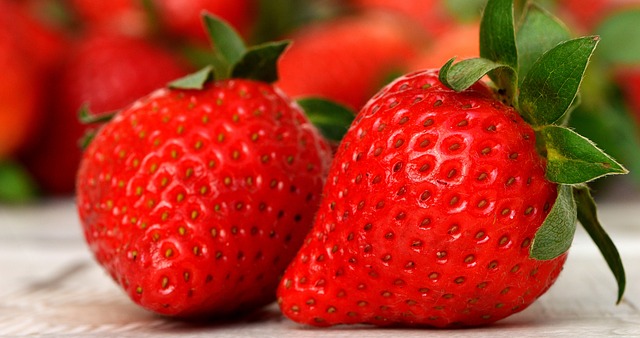The Ultimate Guide to Probiotics: How They Can Improve Your Digestion
If you’ve ever suffered from digestive issues like bloating, gas, or constipation, you know how frustrating it can be. These issues can have a huge impact on your quality of life and make it difficult to enjoy your favorite foods. But did you know that taking probiotics may help alleviate these symptoms?
What are Probiotics?
Probiotics are live microorganisms that can be consumed through supplements or fermented foods. They are often referred to as “good” bacteria because they help support the health of your digestive system by balancing your gut microbiome.
Your gut is home to trillions of microorganisms, both good and bad. When the balance of these microorganisms is disrupted, it can lead to digestive issues and other health problems. Probiotics work to restore this balance, which can help improve digestion and support overall health.
The Benefits of Probiotics
Probiotics offer a wide range of benefits beyond just improving digestion. Here are just a few of the many benefits of taking probiotics:
- Improved immune system function
- Reduced inflammation
- Lowered risk of certain illnesses
- Better mental health
Types of Probiotics
There are many different types of probiotics, each with its own unique benefits. Here are some of the most common types of probiotics:
- Lactobacillus: These probiotics are found in the small intestine and help to break down sugars in milk. They may also help reduce diarrhea and improve symptoms of irritable bowel syndrome (IBS).
- Bifidobacterium: These probiotics are found in the large intestine and help to break down complex carbohydrates. They may also help improve symptoms of ulcerative colitis and other digestive disorders.
- Saccharomyces boulardii: This probiotic is a type of yeast that can help prevent and treat diarrhea caused by antibiotics and other medications.
How to Take Probiotics
If you’re interested in taking probiotics, there are a few different ways to do so:
- Probiotic supplements: These are available in capsule, tablet, and powder form. Look for supplements that contain at least 1 billion CFUs (colony-forming units) per serving.
- Fermented foods: Foods like yogurt, kefir, and kimchi contain natural probiotics. Look for products that contain live and active cultures.
- Prebiotic foods: Prebiotics are foods that help feed the good bacteria in your gut. These include foods like garlic, onions, and bananas.
Side Effects of Probiotics
For most people, probiotics are a safe and effective way to improve digestion and support overall health. However, some people may experience side effects like gas, bloating, or diarrhea. If you experience any of these symptoms, it’s best to stop taking probiotics and speak with your doctor.
The Bottom Line
Probiotics are a powerful tool for improving digestion and supporting overall health. By restoring the balance of good bacteria in your gut, probiotics can help reduce symptoms of digestive issues like bloating or constipation. If you’re interested in taking probiotics, talk to your doctor about the best options for you.







